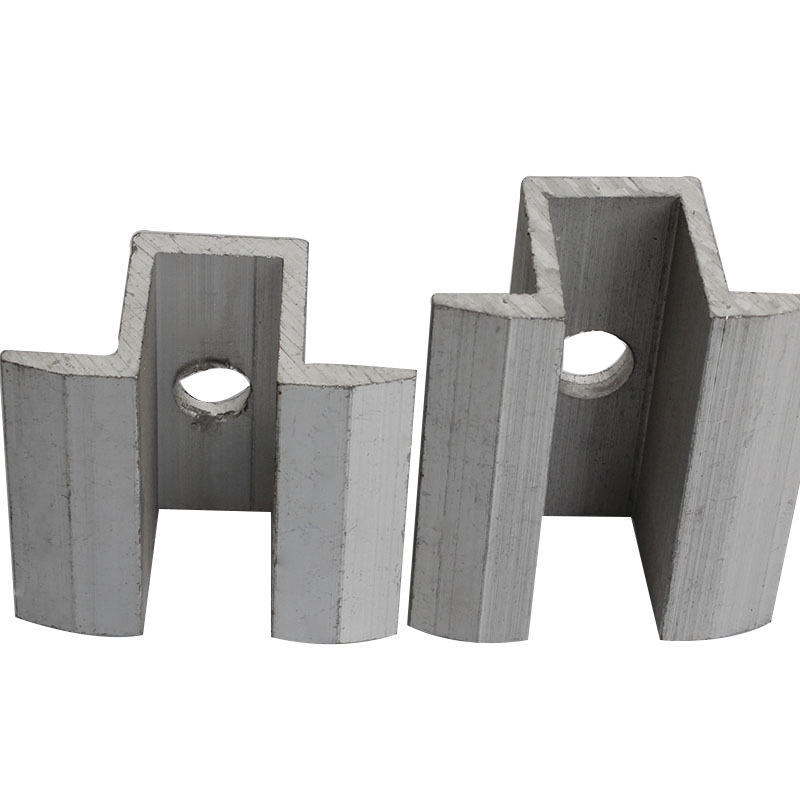

flat washer and lock washer
Ноя . 21, 2024 19:39 Back to list
flat washer and lock washer
Understanding Flat Washers and Lock Washers Essential Components in Mechanical Assemblies
In the realm of mechanical engineering and construction, the efficiency and reliability of assemblies largely rely on the use of appropriate fastening components. Among these, flat washers and lock washers play a crucial role. These seemingly simple devices are fundamental in securing connections, distributing loads, and preventing loosening under various conditions. Understanding their functions, types, and applications is essential for engineers, builders, and DIY enthusiasts alike.
Flat Washers The Fundamentals
Flat washers are thin, disk-shaped components designed to fit under a nut or bolt. Their primary function is to distribute the load of the fastener over a larger surface area, which helps to reduce the risk of material deformation, particularly in softer surfaces. By providing a flat surface, flat washers help to create a more stable and secure connection.
Flat washers come in various sizes and materials, from steel and stainless steel to plastic and rubber, catering to different environmental needs and mechanical requirements. For example, stainless steel washers are commonly used in outdoor applications due to their corrosion resistance, while rubber washers are often employed in plumbing to provide seals against leaks.
Lock Washers Preventing the Unwanted Loosening
Lock washers are designed to prevent the loosening of fasteners due to vibrations and dynamic loads. Unlike flat washers, lock washers typically have a unique shape, such as split, star, or tooth designs, which creates a locking mechanism when the fastener is tightened. This additional friction prevents the fastener from turning or loosening over time, making lock washers essential in applications subject to movement or vibration, such as automotive or machinery assemblies.
flat washer and lock washer

The choice of lock washer depends on the specific application. For instance, split lock washers work well in low-vibration situations, while tooth lock washers are ideal for high-vibration environments due to their ability to grip the surface more firmly.
Applications and Importance
The application of flat and lock washers spans a wide range of industries, from automotive to aerospace, construction to electronics. In automotive assemblies, they are often used to secure engine components and chassis parts, ensuring that critical systems remain intact despite continuous vibrations. In construction, these washers can be found in heavy machinery and structural components, where load distribution and stability are paramount.
Moreover, these washers simplify maintenance and assembly processes. By providing a reliable means of fastening, they allow for easier disassembly and reassembly, which is particularly valuable in manufacturing and repair settings.
Conclusion
In conclusion, flat washers and lock washers may appear to be minor components in the vast tapestry of mechanical assemblies, yet their impact is considerable. They enhance the integrity of joints, prevent loosening, and promote longevity in various applications. Understanding their functions and selecting the correct type according to specific requirements can significantly affect the performance and durability of an assembly. Therefore, whether you’re a seasoned engineer or an enthusiastic DIYer, appreciating the importance of these washers is vital in achieving successful and enduring mechanical connections.
Latest news
-
Premium Fasteners Manufacturer | AI-Driven Solutions
NewsAug.01,2025
-
Hot Dip Galvanized Bolts - Hebei Longze | High Strength, Corrosion Resistance
NewsAug.01,2025
-
High-Strength Hot Dip Galvanized Bolts - LongZe | Corrosion Resistance, Custom Sizes
NewsAug.01,2025
-
Best Self Tapping Screws for Drywall - Fast & Secure Installation
NewsJul.31,2025
-
High-Strength Hot Dip Galvanized Bolts-Hebei Longze|Corrosion Resistance&Customization
NewsJul.31,2025
-
Hot Dip Galvanized Bolts-Hebei Longze Metal Products|Corrosion Resistance&High Strength
NewsJul.31,2025

